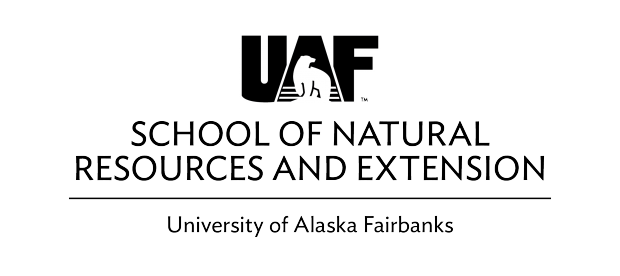Parasites. Just the mere mention of the word makes producer’s blood run cold! Nationwide, internal parasites cost over 3 BILLION dollars in lost performance. Gastrointestinal worms prevent animals from utilizing their nutrition, leading to decreased milk production, decreased growth, and have an overall negative impact on health. Farms that have a large worm burden may even see death as a possible consequence. Knowing what an important role parasite management can have on productivity, University of Alaska Fairbanks Cooperative Extension Service (UAF CES) has formed the Alaskan Agricultural Pest Project to gather data so that we can develop recommendations that make sense for our northern farmers.
Questions we want to answer:
- What parasites are commonly found in Alaskan livestock?
- What types of dewormers are being used AND are they effective?
- What management practices are being employed on Alaskan farms?
- How are producers and their veterinarians working together to develop strategic deworming programs?
This blog will provide information regarding internal parasites in Alaskan cattle, sheep, and goats. We will be discussing the various types of parasites, why fecal analysis is important, information about dewormers and how to properly use them, why resistance is becoming a problem, and how to monitor and manage parasites on the farm.
With that in mind, what are YOU doing to protect your animals from parasites? More importantly, is what you are doing WORKING? Bookmark this blog so that you can quickly refer back to read about the latest in parasite information. Being informed and proactive is the best first step in the battle against parasites.

